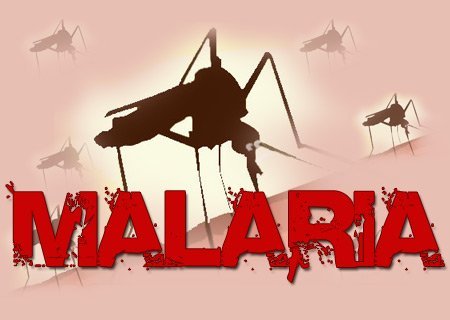Malaria still remains among top 10 diseases in the northern region even as the world battles with the novel Corona Virus outbreak, the Ghana Health Service (GHS) records reveals. Malaria, the service however disclosed is the leading cause of illness in the Out Patient Department of the various hospitals in the region.
Given breakdown of malaria cases, in an interview with Zaa News, Deputy Northern Regional Director in charge of public health, Dr Hilarious Abiwu revealed that, every 1000 people in 2016, about 90 were diagnose with malaria representing 189.8%.
The malaria cases went down to 179.8% in 2017 and further reduced to 150% in 2018. The region however saw a little increase of 154.1 in 2019 and decline again of 127.8 % per 1000 population in the mix of covid as at the end of 2020.
He attributes the continues decline in malaria cases to measures outline by the service to fight the disease even as the world battles with COVED 19.
The region he disclosed recorded consistent decline of malaria cases but the service is not leaving anything to chance, especially as the raining season draws closer. Rains alone Dr Abiwu said contributes about 60% of malaria infections because the larva hatches during rainy season.
The service as part proactive measures has rolled out an elaborate plan to combat malaria. The plan includes mass distribution of treated bed nets to targeted population including pregnant women and children.

The Deputy Northern Regional Director in charge of public health said the service is aware of people given different reasons including high temperature and lack of beds as bases for not sleeping under the treated mosquito nets. He said his outfit will step-up public education to erase such misconceptions.
Self-treatment
Most people usually resort to self-mediation whenever they feel sick. Advising the public on that practice, Dr Hilarious called for an immediate stop to self-mediation since it may lead to complications.
According to him, though malaria is endemic in Ghana, the service does not insist necessarily for people to go to hospital before getting treated, because most pharmacist can test and diagnose malaria.
Covid19 disruptions on malaria
On the effects of the outbreak of covid19 on malaria control measures, the deputy health director admitted that the region witnessed major blow in the service provision in the first four weeks of the recorded covid 19 cases.
The hard-hit area in malaria control according to Dr Hilarious was supply chain and how to get medication for the treatment, especially Sulphadoxine-Pyrimethamine (SP) for pregnant women became it was very difficult.
He explained orders were placed in 2020 in anticipation that they could be running out of stock of basic drugs. “The needed consignment that was coming were affected and it was a big blow to malaria control program”, Dr Hilarious recounted.
The service he said, were able to overcome the challenges with combine efforts of all stakeholders and even carried out interventions such as Season Malaria Chemoprevention Campaign and at the same time antennal care was ongoing with pregnant women receiving their nets.


